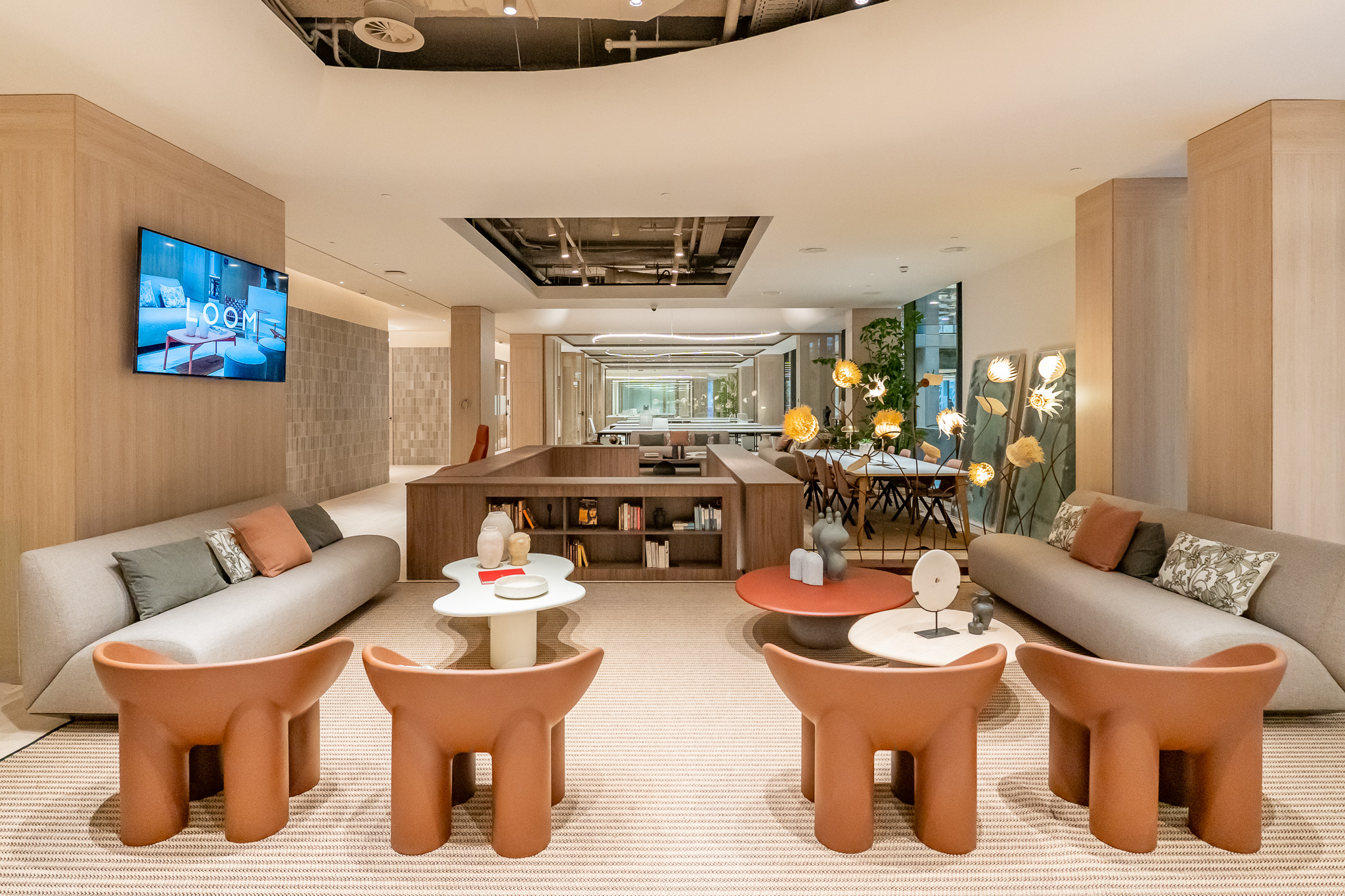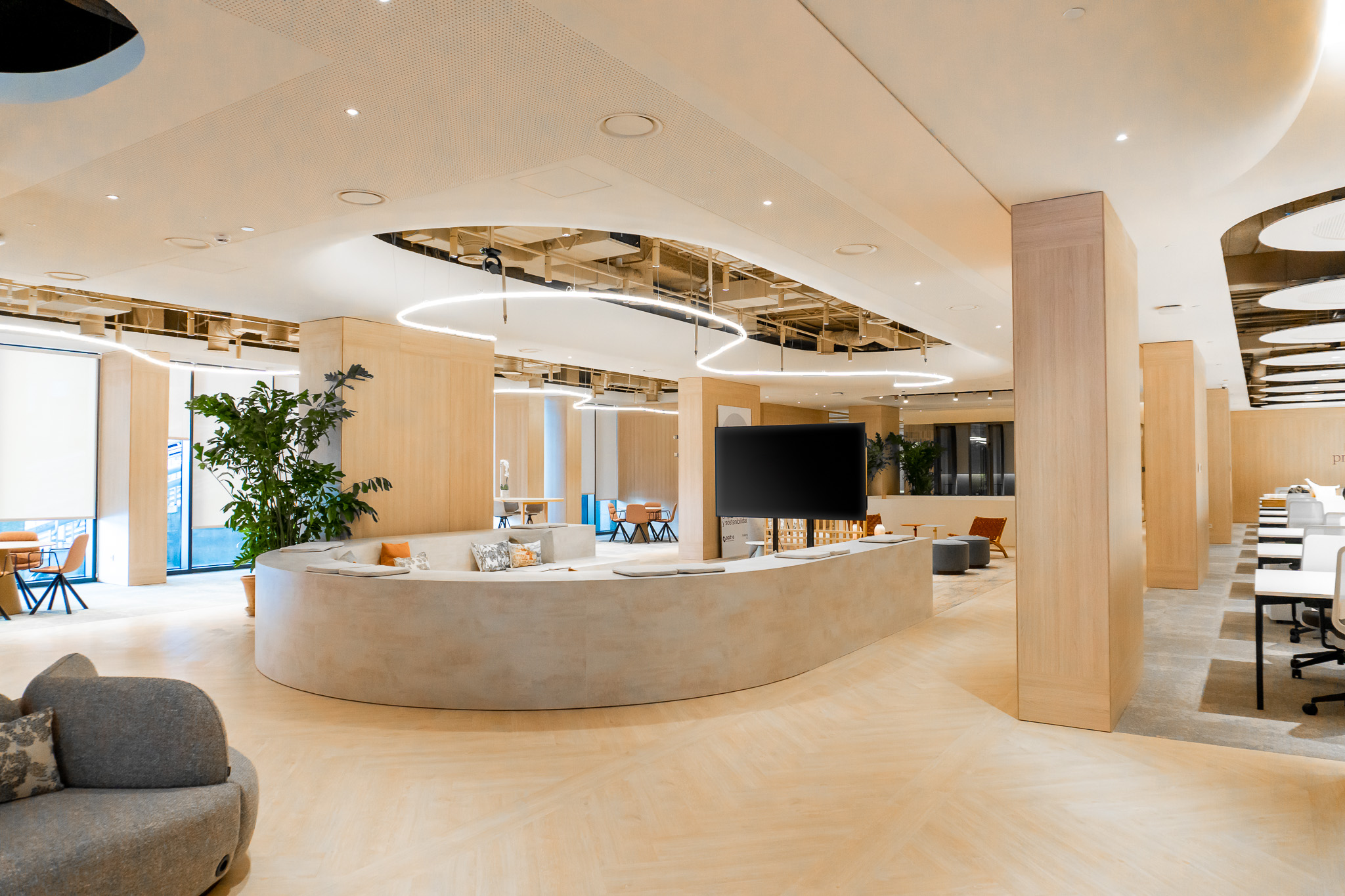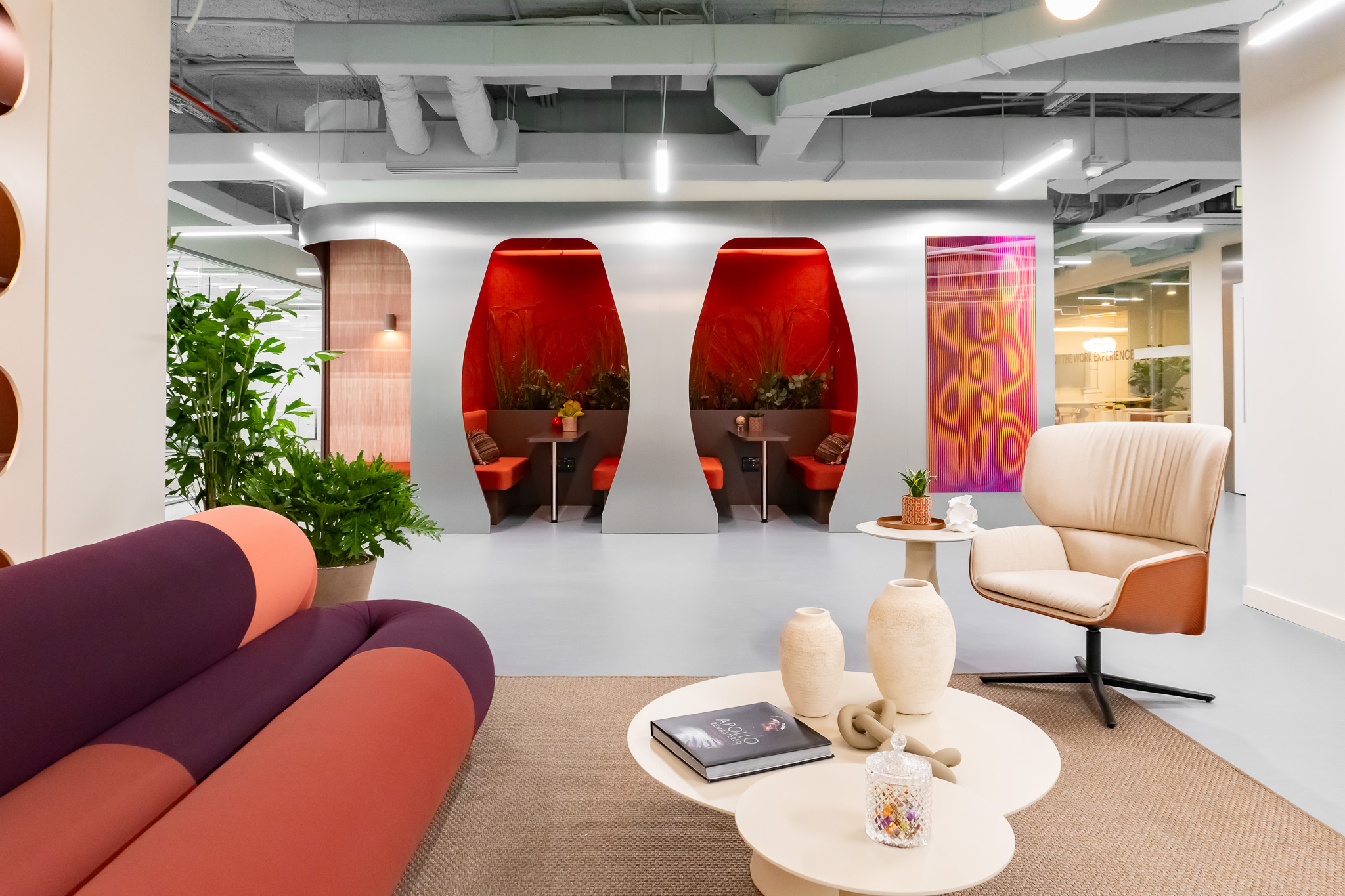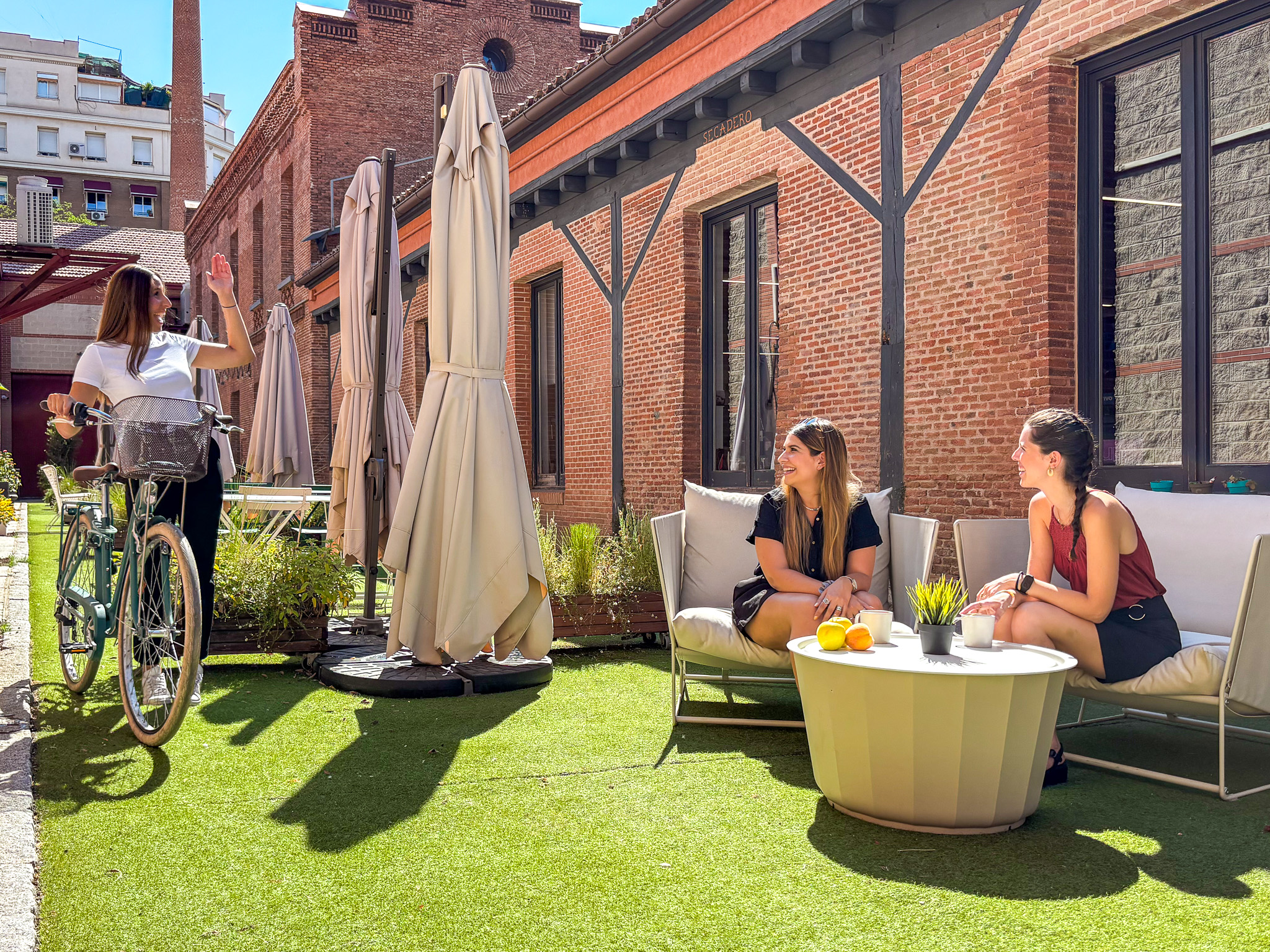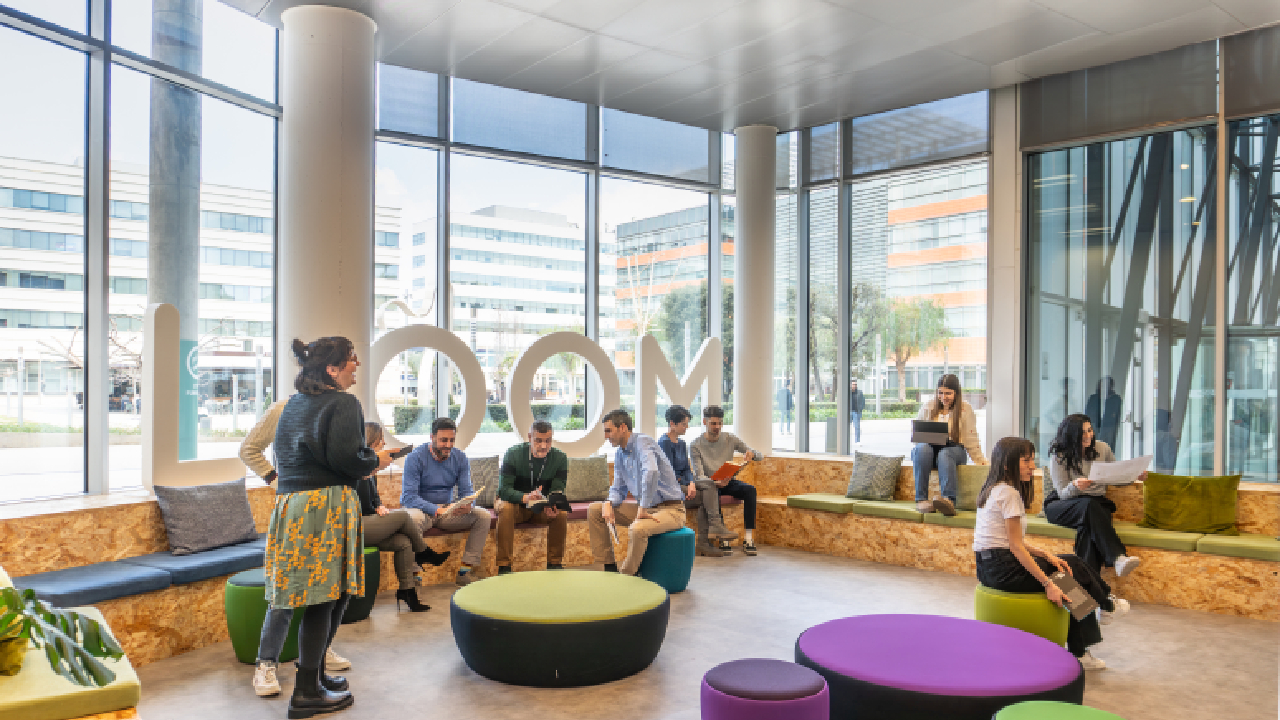Failure is a word loaded with meaning, a word that reverberates when we pronounce it. And although its connotation is negative, it is worth remembering that we are all exposed to mistakes and bad decisions. Great soccer signings that didn’t end up working out, Hollywood blockbusters that didn’t gross as expected and, of course, companies. Today we tell you about 5 successful companies that failed before they succeeded.
Although the history of Apple is linked to the name of Steve Jobs, the reality is that he did not found the company by himself, he founded it together with Steve Wozniak and Ronald Wayne – who ended up selling his shares for $800 two weeks later – in 1976. After years of technological launches, Steve Jobs encouraged John Sculley, PepsiCo’s president at the time, to stop selling sugar water and change the world with his brilliant ideas.
Just two years after Sculley’s arrival and after much friction and acrimony, Steve Jobs left Apple and founded NeXT. From that moment until 1997, Apple launched unsuccessful products and was on the verge of bankruptcy.
In 1996, Gil Amelio, then CEO of Apple, bought NeXT and got Steve Jobs to return to the company’s board of directors. From that moment on, the total restructuring began and the golden era that preceded the launch of the iPod, iPhone and iPad began.
As a curiosity, Microsoft invested 150 million dollars in Apple to rescue it from bankruptcy in 1997. A decision that many criticized.
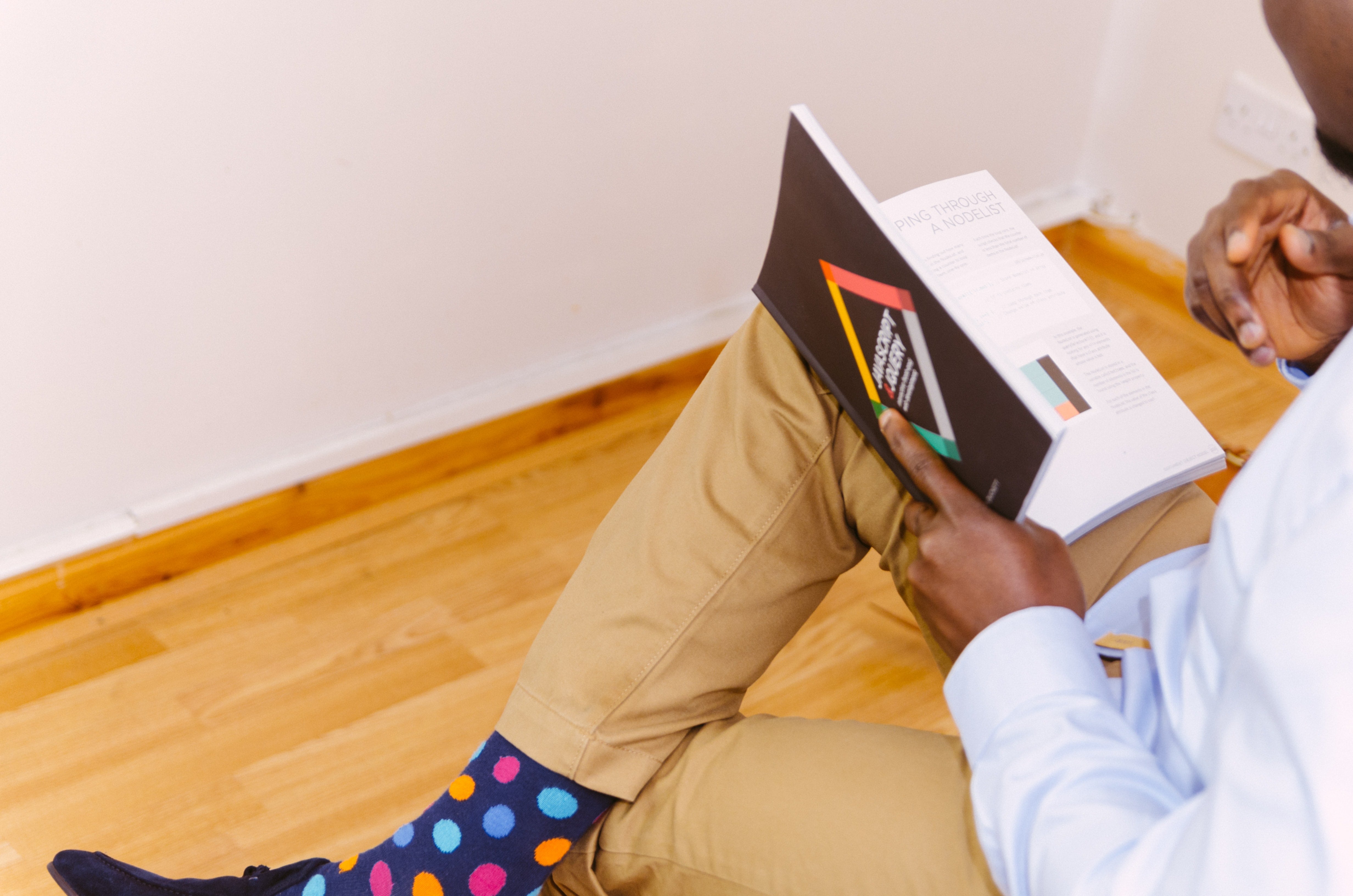
Marvel Comics was founded in 1939 by Martin Goodman as a publisher of superhero comic books. During the first years of its existence, Marvel had moderate success with stories such as Spider-Man and X-Men. However, in the 1990s, sales plummeted and the company fell into debt.
Faced with this situation, Marvel filed for bankruptcy in order to buy some time to change the business model. They made missteps, but finally opted to create a film studio. However, they needed money to start producing movies and to do so, they borrowed heavily from banks, offering the rights to their most important characters as collateral.
The first film to be made was Blade, which cost 45 million dollars and was a massive success: it grossed three times what it cost. In 2009 Disney bought it for 4.2 billion dollars.
The history of the world’s most famous sneakers begins in 1908 when Marquis Mills Converse opened its factory in Malden, USA. At that time, basketball was a minority sport and Converse saw its opportunity. The success of No Skid – as the first shoe was known – was a matter of time and they ended up becoming the main supplier to the players. In 1920 No Skid was rebranded as All Star, and that same year Chuck Taylor arrived at the firm.
All went well until 1968 when Chuck Taylor died and the company began to lose its way until 2001 when it filed for bankruptcy. At that time, Nike buys one of its main competitors and saves this century-old company.
Starbucks was another successful company that also failed. In 2008, it closed 7,100 coffee shops. How did it overcome this?
It was 2008 and Starbucks was about to die of success. After 30 years of growing at an exorbitant rate – opening 1,000 coffee shops in 5 years – sales began to fall because it had lost its essence. Then they closed 7,100 establishments in the United States and that was the beginning of their resurgence. If we owe this rebirth to anyone, it is to Howard Schultz, the genius who was able to give a radical turn to the company’s strategy that we all know today.
Schultz was the creator of the chain and had taken a back seat to focus on expansion. After that failure, he took the reins again and the changes began. He improved consistency and taste, “educated” his employees in the company’s culture so that they felt part of a community and turned the simple act of drinking coffee into an experience. In this way, customers would be willing to pay more just for the atmosphere that was generated in their coffee shops.
With this change, not only was the chain saved, but it became the third in the world in number of establishments, behind Subway and McDonalds.

